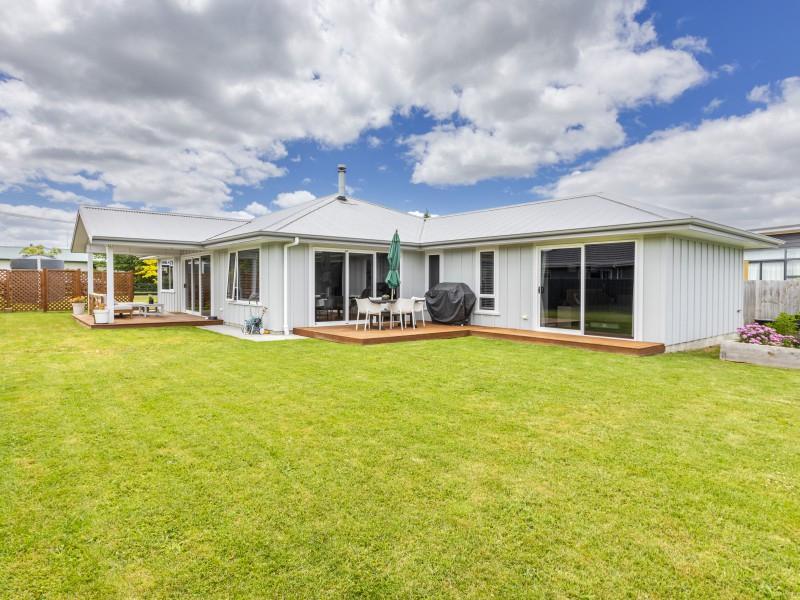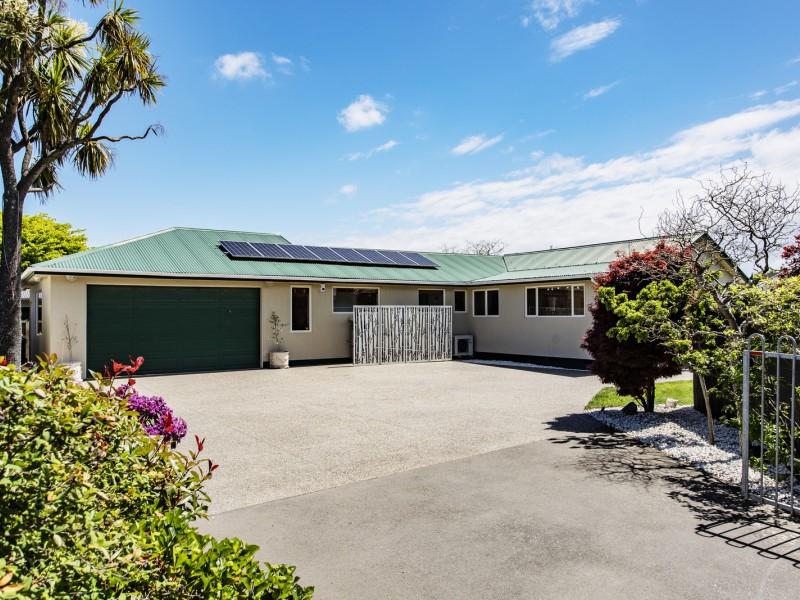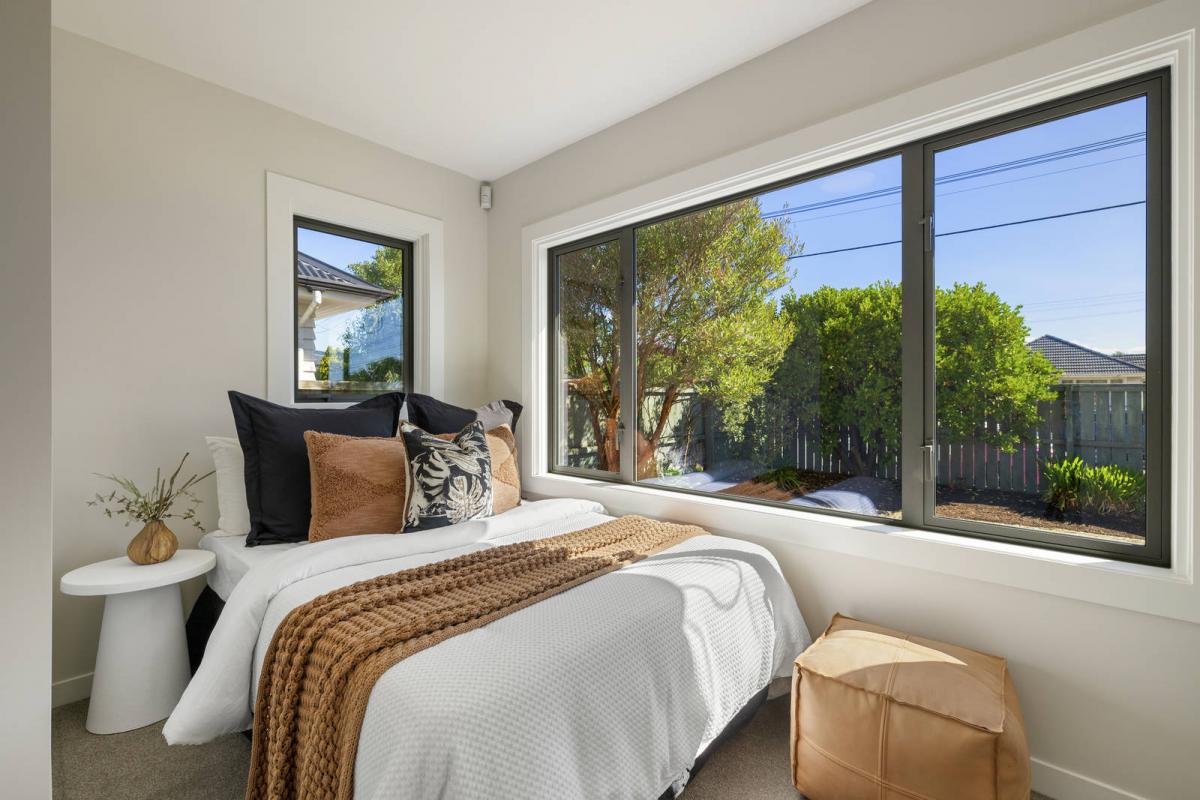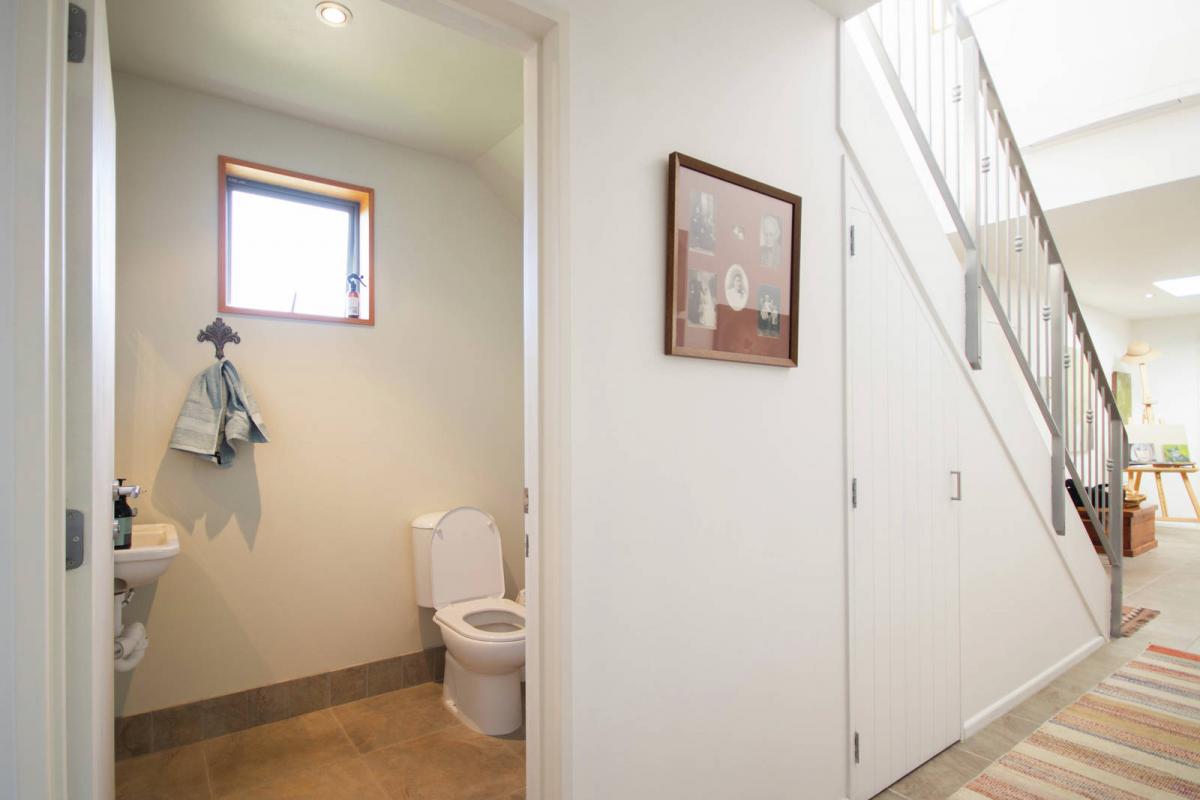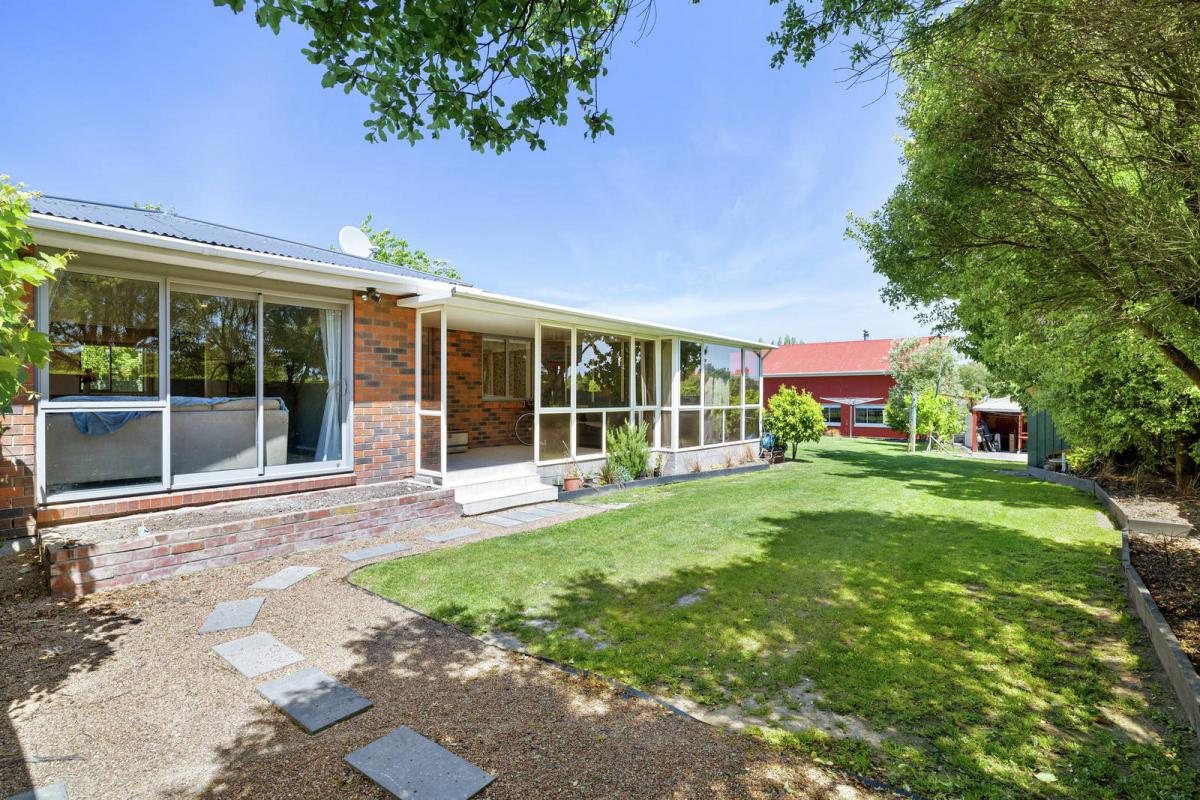Three Mayors air Three Waters woes with Taumata Arowai boss
By local democracy reporter Lois Williams:
West Coast mayors are optimistic that some of the more stringent rules proposed for their water services might be relaxed, after a meeting in Greymouth with the government’s water regulator.
Taumata Arowai chief executive Allan Prangnell 'was invited to visit the region, and update councils on the government's new regulatory settings for water.
Councils around the country have 12 months from this week to file water services delivery plans with MBIE, showing how they will fix sub-standard drinking water, stormwater and wastewater systems, and how they plan to pay for them.
Buller mayor Jamie Cleine says the visit has given a glimmer of hope that some of the costliest and less achievable goals will be replaced with more pragmatic ones.
“We were looking at having to build full municipal style treatment plants for any supply with over 200 connections, but it looks as if that will change – and that could be a game changer for some of our smaller northern Buller water .”
Buller was one of 27 councils previously ordered to ramp up protozoa protection in small community water supplies by June this year.
That would have meant building treatment plants, putting ratepayers in Waimangaroa, Little Wanganui and Mokihinui in the hole for millions of dollars, Cleine said.
“The government now seems to be looking at more bespoke approach – so that might now apply to water supplies with say, 500 connections, rather than 200, which would make it more affordable."
The acceptable solution for the smaller communities might now be household filter and UV units, like the ones often used on lifestyle properties, Cleine said.
There were also signs that the government might dial back me of the stricter requirements about discharge of treated wastewater.
“At the moment the default setting (for new sewerage plants) is you can’t discharge to water no matter how well you treat it; some councils have had to buy entire dairy farms to have land to discharge to - at eye-watering costs to the ratepayers, every year, forever.”
It now seemed the government was moving towards a national standards approach, so that if councils could show treated wastewater met the standard, they would gain consent to discharge, Cleine said.
But the problem of how small councils like Buller could afford to bring its larger water systems up to scratch, still remained.
The council had to show MBIE how it planned to pay for the infrastructure it needed, either going it alone through its subsidiary company, (CCO) or combining with other councils’ CCOs in the hope of achieving economy of scale.
A Tonkin and Taylor analysis had shown there was no economic benefit to be gained by merging the water assets and loans of the three West Coast District Councils, Cleine said.
“We’ve done the work, we know what needs to be built and we know we can’t afford it. What we don’t know is what we might gain from joining forces with another district so we’ve been working with Selwyn, Tasman and Marlborough to see if there are some options there."
Grey District mayor Tania Gibson says any easing of government regulatory pressures forcing councils to spend was welcome.
Her council’s drinking water and wastewater assets are in a reasonable state, but a $50 million stormwater bill was looming for deferred maintenance and pipe renewals - with only 9000 ratepayers to foot the bill.
“We all have these phenomenal costs coming at us and though we’re in a good position compared to a lot of other councils it’s not going to be easy."
Any relaxation of government regulations forcing councils to borrow was welcome, Gibson said.
Her council had spent $45 million over ten years for a new sewage treatment plant but 2000 households still had not hooked into it.
To comply with its wastewater resource consent, the council needed everyone to separate out their stormwater from their sewers, and connect.
But drainlaying costs had soared and many people were struggling afford that, Gibson said.
“If they don’t do it by July next year, the council will have to do it for them and they’ll have to pay us back through their rates. But we’ll have to borrow to do that - and we can’t just go on borrowing.”
Connecting to the sewer on the boundary cost about $4000 10 years ago but her own most recent connection cost $12,000, the mayor said.
Westland mayor Helen Lash said her council had spent big money in the past three years, getting small community water supplies up to scratch. world std
But the challenges for her council were old pipes, the cost of a new sewage treatment plant for Hokitika.
The town’s present system pipes treated waste out to sea, and its resource consent runs out in four years.
“That’s the big one for us - it’s going to cost about $20m. We can borrow, but that’s irrelevant – it’s how do you afford to pay it back? The pressure on ratepayers is huge, and we’ve said we can’t go there.”
But said with the changes Taumata Arwai was considering, the council might be able to extend the current resource consent or modify the plan for a new plant, and the timeframe for action.
“We are going to have to wait for them to come out with their detail , and then look at how to use it for maximum gain without breaching consent or offending iwi.”
The government’s new water monitoring rules were also an issue for Westland - with its frequent weather bombs and road closures.
“The testing of the water costs an absolute fortune, and if you fail one test on the day it’s due because you can’t get down to Franz Josef because the road is out, that’s counted as non-compliance for the whole year.”
Taumata Arowai had not been aware of the road closure problem and had agreed to factor that in, by providing more flexibility with testing dates, Lash said.
“That’s given us a way forward for that – but in terms of amalgamating our water business with Grey - that won’t work for us. A joint CCO would cost more than it would save, and no larger councils want to join us."
Waiting for the government to firm up its new rules and pass legislation was frustrating, the Westland mayor said.
“Until they sort their own shit out, with all these changes we’re really in limbo. I’m not in favour of spending money if the rules are going to change. But it was really good to have a face-to-face session with Taumata Arowai – at least they’re engaging with us.”
Taumata Arowai has confirmed it discussed low-cost options to provide safe drinking water for small suppliers as an alternative to costly large scale treatment plants.
“We appreciated the invitation to meet West Coast mayors and chief executives in person,” chief executive Allan Prangnell said.
They had also talked about some “ground-breaking work” the water authority had under way on the ‘’first ever set of wastewater treatment standards in New Zealand”, Prangnell said.
Suellen’s sweet Christmas tradition
The festive season is always a great excuse to indulge your sweet tooth, and this time of year poses the perfect opportunity to bring a real showstopper to the Christmas table.
For Suellen’s family, that showstopper is Croquembouche, an impressive tower of cream puffs bound together with spun sugar that is popular at weddings in France and Italy.
What began as a birthday treat at a local French café has become a cherished Christmas tradition for Suellen and her 17-year-old twin granddaughters, Ellie and Sadie. Every year, the trio gather in Suellen’s apartment at William Sanders Village to cook this festive dessert - a holiday highlight they all treasure.
Click read more for the recipe.

Worst Xmas ever?
There's a a lot of planning that goes into Christmas day and sometimes things just don't go to plan. But it can be a good thing - a family mishap or hilarious memory that you can laugh about in Christmases to come.
Whether you burnt the dinner or were stranded at an airport...
Share your Christmas mishaps below!

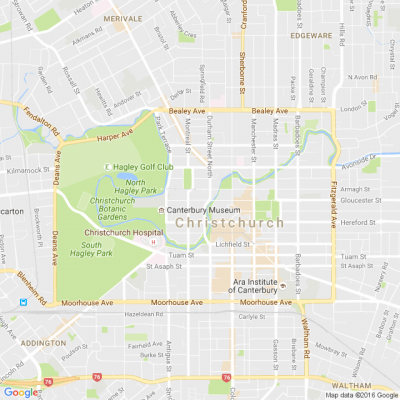
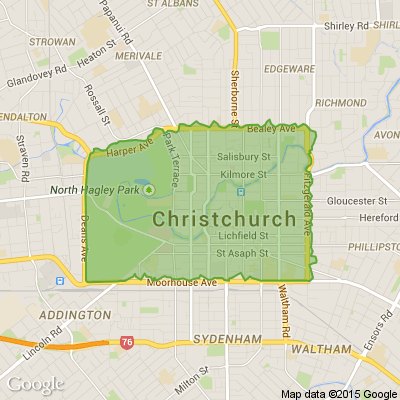





 Loading…
Loading…